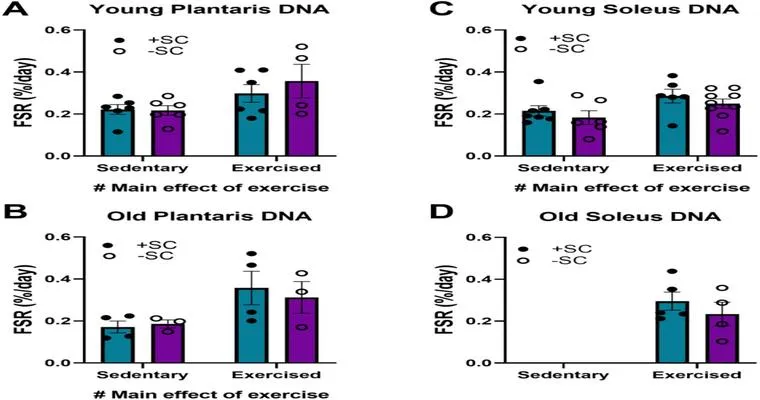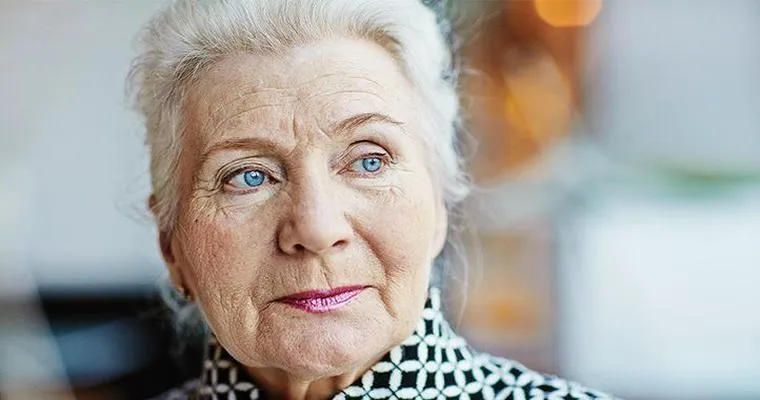When caring for an elderly loved one, especially a mother with "COPD" (Chronic Obstructive Pulmonary Disease) and "dementia", it is natural to worry about their "health" and "well-being". One of the most concerning situations is when an elderly individual stops eating and spends most of their time sleeping. Understanding how long an elderly person can survive without food, particularly in the context of chronic illnesses, is crucial for families navigating this challenging period.
The duration an elderly person can survive without food varies significantly based on several factors, including their overall "health", existing medical conditions, hydration levels, and individual metabolism. Generally, a healthy adult can survive for several weeks without food, but this timeframe can be drastically reduced in elderly individuals or those with chronic conditions like "COPD" and "dementia".
For someone with "COPD", the body already struggles to get enough oxygen, and malnourishment can worsen respiratory function. Similarly, "dementia" can lead to a reduced ability to recognize hunger signals or a lack of interest in food, making it challenging for caregivers to ensure proper nutrition. This nutritional decline can contribute to a faster decline in health.
When an elderly person spends most of their time sleeping and refuses to eat, it may indicate that their body is entering a state of "metabolic decline". In this state, the body begins to use stored energy reserves, leading to weight loss and muscle wasting. The combination of "COPD" and "dementia" can compound these effects, as both conditions can lead to decreased appetite and increased fatigue.
Hydration is another critical factor to consider. While a person can survive for weeks without food, the lack of water can lead to serious complications much sooner. It is essential to ensure that your elderly loved one remains hydrated, even if they are not eating. Dehydration can exacerbate symptoms of "COPD" and lead to further cognitive decline in individuals with "dementia".
The emotional and psychological aspects of this situation cannot be overlooked. It is vital for caregivers to provide emotional support and comfort. Engaging an elderly person in gentle conversation, playing their favorite music, or simply being present can enhance their quality of life, even if they are not eating.
In conclusion, while there is no definitive answer to how long an elderly mother can survive without eating and just sleeping, especially with "COPD" and "dementia", it is critical to focus on comfort, hydration, and quality of life. Consulting with healthcare professionals can provide further guidance and support for families during this difficult time. Understanding these factors can help address the concerns of families and caregivers about the well-being of their loved ones.





